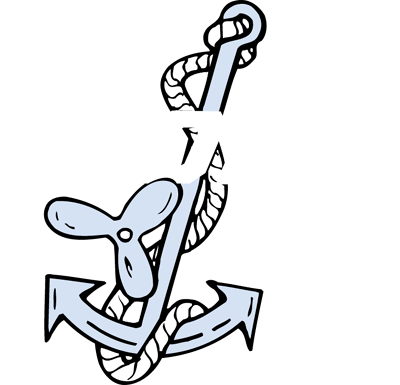Comedy Of Error; Or, I’m Sorry, But Your Last 10 Random Drug Tests Did Not Comply With DOT Requirements
What happens when a mariner, charged with being a drug user by the Coast Guard, enters into a settlement agreement, contacts a Substance Abuse Professional (“SAP”), who represented itself as being DOT qualified, and whose qualifications were also approved by the Coast Guard IO, then goes through the 12-month “cure” process, successfully completes 12 random drug screening tests and tests negative on all of them, and then, after all that, gets told by the Medical Review Officer (“MRO”) that 10 of his tests were non-DOT compliant and that he will he have to retest?
The mariner in question signed a settlement agreement in December 2018, and began searching for an SAP. He identified a local SAP organization, which represented on its website that it was DOT qualified, and, in a telephone interview, also confirmed that representation. Moreover, the Coast Guard IO confirmed the same, [albeit, based on the online representations of the SAP]. In addition to all that, the Coast Guard IO then emailed to the SAP the USCG regulations with which the mariner, and the SAP, would have to comply. The mariner entered rehab with the SAP, and was discharged from rehab in January 2019. The SAP then directed the mariner to take 12 random drug screening tests over the course of the next 12 months, concluding in January 2020. The tests were administered by the SAP, and the mariner tested negative for all 12 tests. In addition, he attended 24 regular Alcoholics Anonymous / Narcotics Anonymous meetings, as also required by the settlement agreement. When the mariner concluded all of the “cure” requirements of his settlement agreement, he submitted all of his proof of cure papers to the Coast Guard IO. The Coast Guard IO reviewed them all, and advised the mariner to send the compliance papers to the MRO for review, approval of the “cure,” and issuance of a “Return to Work” letter, all per usual custom and practice. The MRO reviewed the 12 random drug screen tests and found that ten of them did not comply with DOT requirements because they did not screen for all of the required substances. Accordingly, the MRO refused to certify “cure” and would not issue the mariner a Return to Work letter.
Fortunately, in this case, the IO was sympathetic to the mariner’s good faith efforts to comply with the “cure” process, and was able to negotiate this compromise with his superiors and the MRO: four additional fully-compliant drug screen tests, over a course of three months. The mariner reluctantly accepted that offer, having little other choice. A claim letter has been submitted to the SAP for three months’ lost wages, and that is currently in the process of getting resolved.
And now, the final straw: The mariner in question dutifully completed all four additionally required random drug screening tests, with a new SAP, tested negative on all of them, and sent the results to the MRO for review and approval of his request to return to work. But, unfortunately, due to the COVID-19 pandemic, the MRO office was closed, and the MRO would not review the four extra test results and issue to the Coast Guard the necessary return to work letter until the pandemic is over and their office reopens. Fortunately, again, for the mariner, the Settlement Agreement did provide that, with the consent of both parties, and upon a showing of good cause, a new MRO could be selected if for some reason the original MRO was “unavailable.” Currently, the mariner and the Coast Guard are working together to identify a new MRO who can review the four negative drug screen test results and issue the long-awaited Return to Work letter.
The moral of this story for license defense lawyers is two-fold: (1) Double check with the SAP and MRO that the first, and all subsequent drug screen tests, are fully DOT compliant; that is, that they test for ALL required substances. Apparently, not all drug screen tests do so; and (2) Ensure that the settlement agreement contains a provision that the parties may agree to appoint a substitute MRO should the current one become unavailable.
